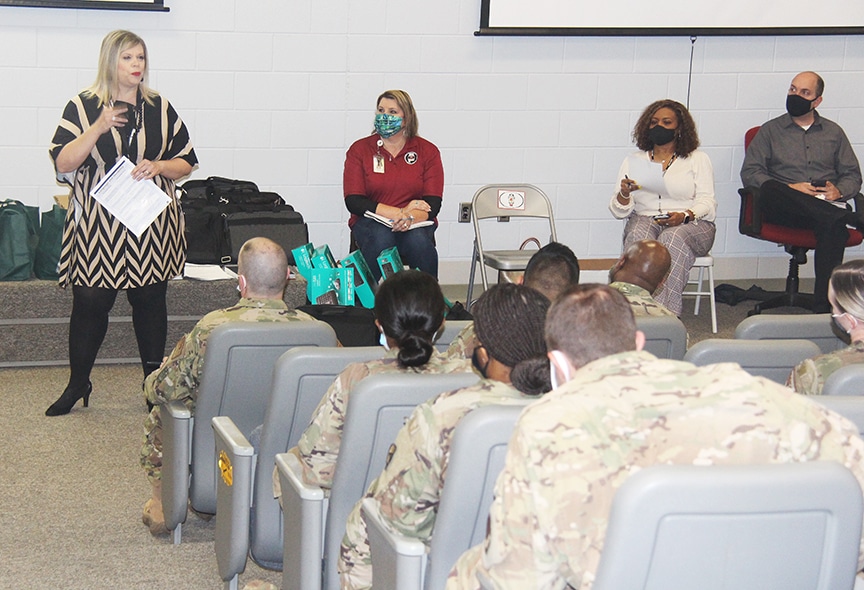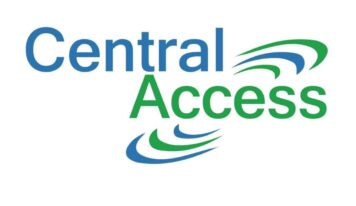From Richard Couch
The Alabama National Guard will soon be deployed to rural areas of the state to assist with the administration of the COVID-19 vaccine.
Recently, members of the Alabama National Guard had an opportunity to participate in disability etiquette training at the ALNG headquarters in Montgomery.
The Alabama Department of Public Health through a partnership with Disability and Preparedness Specialist Felicia Barrow of the Association of State and Territorial Health Officials (ASTHO) brought in The Alabama Department of Rehabilitation Services to establish a better understanding of disabilities and more effectivestrategies for vaccine distribution.
ADRS Business Relations Specialist Anna Taylor said the first priority should be to simply treat people with disabilities like everyone else.
“We have moved into a more inclusive and diverse society,” she said. “People with disabilities want to be treated like anyone else. They want to be treated with dignity.”
People are not defined by their disabilities, Taylor said. It is important to phase out unacceptable terms and understand the capabilities of that person instead of focusing on limitations. She also said it is important to ask the person if they need assistance before assuming it is necessary.
This is especially true for people with low vision. In some cases, those who might use a cane or guide dog simply have a limited field of vision. You should ask them if they’d like you to lead them to the vaccination area and offer your elbow as a guide instead of grabbing their arm.
Taylor added that effective communication with individuals who are deaf or hard of hearing is easily established with some minor adjustments.
“If you can’t understand someone, offer an alternate way of communicating,” she said. “A good example of that is writing something down.”
Taylor explained that American Sign Language is not actually the same as English. It is its own language and dictates how a person with hearing loss may write.
“They might interpret things a little bit differently when you are communicating,” she said. “If they are writing, the language will be different than traditional English and might skip a few words.”
About 50 percent of people who are deaf can read lips, Taylor said, so anyone assisting with vaccine distributions should remember that not everyone who uses sign language has this ability. However, for those who can it is important not to cover your face. Clear masks could be a good alternative at vaccine sites.
If a person is accompanied by an interpreter, Taylor also asked that those working mobile clinics communicate with the patient and not the interpreter.
Patience is the key with those who have stutters or other speech impediments, Taylor said. If you cannot understand someone, ask them to repeat themselves and do not rush them. Allow the speaker to take their time and do not finish their sentences.
When a person who uses a wheelchair arrives for a vaccine, Taylor instructed members of the guard to put themselves in a position to be eye-to-eye. Constantly looking up can be tiresome, and it is much more comfortable for wheelchair users to be face-to-face.
It is estimated that one in four adults has a disability of some kind, but Taylor said with minor adjustments and a little understanding the vaccination process at the mobile stations can go smoothly.
Celebrating 25 years of helping Alabamians with disabilities achieve their maximum potential, the Alabama Department of Rehabilitation Services is a state agency that promotes the healthy development of children from birth and the independence of adults through education, vocational training and assistive technologies. Find out more at www.rehab.alabama.gov.






